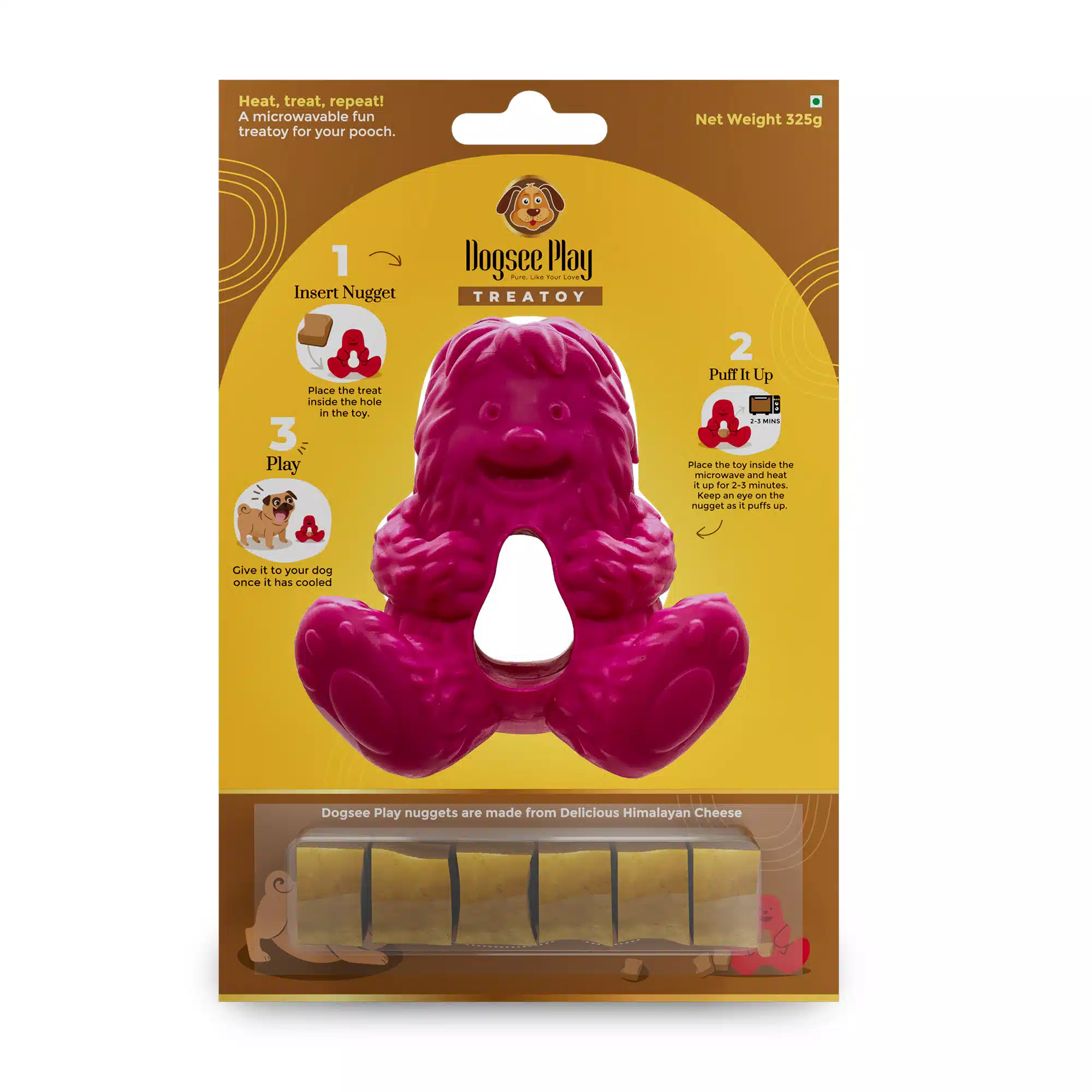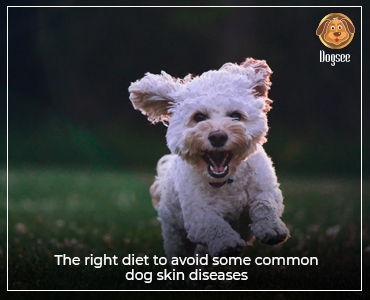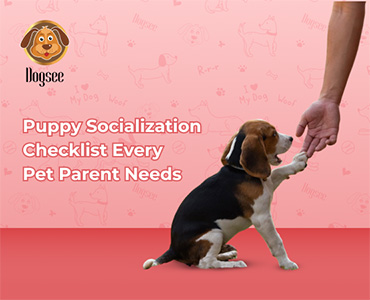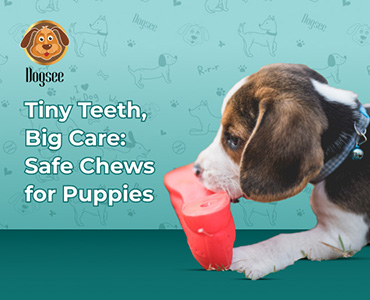
Spaying or neutering your dog is one of the most responsible decisions you can make as a pet owner. It’s not only a way to prevent unwanted litter but also brings numerous health and behavioural benefits for your furry companion.
While the decision to spay or neuter might feel daunting, understanding its importance, the right time to do it, and the care involved can make the process smoother for both you and your dog.
This guide explores the many facets of spaying and neutering, providing you with the information you need to make an informed choice for your pet’s well-being.
What Does Spaying or Neutering Mean?

Spaying refers to the surgical removal of a female dog’s ovaries and uterus, effectively sterilising her and preventing future pregnancies. Neutering, on the other hand, is the removal of a male dog’s testicles, also rendering him sterile. Veterinarians perform both procedures and they involve a relatively simple surgical process that ensures dogs can no longer reproduce.
While spaying is specific to females and neutering in dogs is for males, the general goal of both surgeries is to control the population of dogs, especially stray or abandoned animals while improving their quality of life. Beyond sterilisation, neutering in dogs also provides a range of health and behavioural benefits that make these procedures highly recommended by vets.
Why Is It Important?

The importance of spaying a dog goes beyond controlling the pet population. It directly impacts your dog’s long-term health, behavioural tendencies, and overall responsibility as a pet parent.
1. Health Benefits
Spaying or neutering your dog significantly reduces the risk of various diseases. For females, spaying can prevent uterine infections and drastically reduce the chances of developing mammary cancer, which is fatal in about 50% of dogs. For males, neutering eliminates the risk of testicular cancer and reduces the likelihood of prostate issues as they age.
2. Behavioural Benefits
Unneutered dogs often display more aggressive and territorial behaviour, such as marking their territory, mounting, or even becoming more hostile towards other dogs. Neutering can help curb these behaviours, leading to a calmer and more predictable dog. Similarly, spayed female dogs do not experience the heat cycle, which can cause them to act erratically, and male dogs won't be drawn to them when they’re in heat.
3. Population Control
With millions of stray dogs worldwide, responsible pet ownership includes doing your part to prevent overpopulation. By spaying or neutering your dog, you reduce the number of unwanted puppies that could otherwise end up in shelters or abandoned. Many regions are already struggling with large stray populations, and this procedure is a simple way to mitigate this issue.
4. Cost Savings
While the initial cost of spaying or neutering your dog may seem like an added expense, it can save you from future medical bills. Health complications like cancer, infections, or behavior-related injuries can result in significant costs. Moreover, it eliminates the possibility of surprise pregnancies, which come with their own set of financial and emotional challenges.
When Should It Be Done?

Timing plays a crucial role in spaying or neutering your dog. Veterinarians usually recommend having the procedure done before your dog reaches sexual maturity, but the exact age can vary based on breed, size, and overall health.
1. For Small Breeds
For smaller dog breeds, spaying or neutering can often be done between 6 to 9 months of age. Smaller dogs tend to reach sexual maturity earlier than larger breeds, so it's essential to have the procedure done before they start exhibiting mating behaviours.
2. For Large Breeds
Large dog breeds typically mature more slowly, and many vets suggest waiting until they are between 12 to 18 months old before neutering or spaying. This allows their bodies to develop fully, reducing the risk of certain bone and joint problems.
3. Consult Your Vet
It’s always important to have a discussion with your vet about the right time to spay or neuter your dog. They will take into account your dog’s breed, size, and overall health before making a recommendation. Some breeds may have unique health risks associated with early or late neutering, making personalized advice crucial.
What Special Care Needs to Be Taken?

Once the decision to spay or neuter your dog is made, ensuring proper care post-surgery is essential for a smooth recovery. The procedure is a common one, but like any surgery, it requires attention and care to ensure there are no complications.
1. Rest and Recovery
After the surgery, your dog will need plenty of rest. It's important to create a calm, quiet space for them to recover, free from distractions or excessive activity. Keep your dog inside and avoid any strenuous exercise for at least 7-10 days, depending on your vet's instructions.
2. Monitor the Incision Site
Post-surgery, the incision site is the most vulnerable part of your dog’s body. Ensure that your dog doesn’t lick or scratch the area, as it can cause infections. Your vet may provide an Elizabethan collar (cone) to prevent your dog from reaching the incision. Check the site regularly for any signs of swelling, redness, or discharge and contact your vet if you notice any abnormalities.
3. Pain Management
Your vet will likely prescribe pain medication to ensure your dog stays comfortable during the recovery period. Follow the prescribed dosage and schedule closely. Never give human pain medications to dogs, as many of them are toxic to canines.
4. Proper Nutrition
After the surgery, your dog might experience a temporary loss of appetite. Encourage light meals of easily digestible food and ensure they stay hydrated. After a few days, they should return to their regular diet. It’s also important to control their food intake as neutering can sometimes slow down metabolism, potentially leading to weight gain. Also make sure that the treats you give your dog don't add to their weight gain, use treats that help in weight management such as Dogsee Mini Pops which are light and full of nutrients.
Settling Thoughts on Spaying or Neutering
Spaying a dog or neutering your pet is a responsible and beneficial decision for both pet owners and the broader community. From health advantages like reducing the risk of certain cancers to behavioral improvements and population control, the benefits are undeniable. Timing is key, and working closely with your vet ensures the procedure is done at the right age, with proper post-operative care to aid in recovery. By following the appropriate dos and don’ts, you can help your dog heal smoothly and return to their active, happy self in no time.
Ultimately, spaying or neutering your dog is not just about preventing unwanted litters - it’s about giving your pet a better, healthier life and contributing to the welfare of dogs in your community.
Frequently Asked Questions (FAQs):
1. Is the recovery process difficult after spaying or neutering?
Answer: Most dogs recover within 10 to 14 days after the procedure. Proper rest, restricted physical activity, and close monitoring of the surgical site help ensure a smooth recovery.
2. Can my dog gain weight after spaying or neutering?
Answer: Some dogs may gain weight after the procedure due to hormonal changes. Ensuring your dog has a balanced diet and regular exercise after the recovery period can help prevent weight gain.
3. Are there any risks associated with spaying or neutering?
Answer: While spaying and neutering are generally safe, as with any surgery, there are potential risks like infections or complications from anesthesia. Consulting with your vet beforehand will help assess your dog’s specific health risks.
4. Will neutering my dog change their personality?
Answer: Neutering in dogs typically affects behaviors related to mating, such as aggression or roaming. However, it doesn’t drastically change a dog’s core personality traits, such as playfulness or loyalty.
5. Are there health benefits to spaying and neutering?
Answer: Yes, spaying and neutering can prevent certain cancers, reduce the risk of infections, and improve overall behavior. Spaying a dog also helps eliminate the risk of uterine infections and breast tumors, while neutering reduces the risk of testicular cancer.
 HELPFUL0 people found it helpful
HELPFUL0 people found it helpful
Related Blogs
Subscribe to Our Blogs
and never miss on the latest update!






















